Kungfu (Gongfu) is not only a martial art but a deeply ingrained way of life in China, developed over thousands of years. Chinese martial arts have roots tracing back to ancient times, with traditional accounts placing their origins as far back as the Xia Dynasty (2070-1600 BC), where they were originally used for military purposes and self-defense. During the Zhou Dynasty (1046-256 BC), martial arts began to be systematically studied and codified, with various styles and techniques emerging. The emphasis on weaponry and strategy during the Warring States period (475-221 BC) further refined martial practices, laying the groundwork for the diverse forms of Kungfu we see today. Over time, Kungfu evolved into a practice that also focuses on personal growth, discipline, and spiritual development.
One of the most famous aspects of Kungfu is its association with the Shaolin Temple, founded in the 5th century. Located in Henan Province, the Shaolin Temple became a center for martial arts training, attracting both Chinese and foreign practitioners. The temple's location at the foot of the sacred Song Mountain provided a serene and conducive environment for martial and spiritual cultivation. Shaolin monks are renowned for their unique style of Kungfu, which integrates physical strength with meditation and philosophy, making it a symbol of Chinese martial arts worldwide. The development of Shaolin Kungfu is also intertwined with the introduction of Chan Buddhism to China, further enriching its philosophical depth.
Kungfu is also tied to historical figures such as Guan Yu, a legendary general from the Three Kingdoms period (220-280 AD). Known for his loyalty, courage, and martial prowess, Guan Yu has become a symbol of honor and justice in Chinese culture. His iconic weapon, the Green Dragon Crescent Blade, is often depicted alongside him, symbolizing his martial mastery. His story has inspired countless martial artists, who view him as a model of virtue and strength. The influence of Guan Yu extends beyond martial arts, as he is also revered in Daoism and Confucianism, highlighting his cultural significance.
In the 1970s, traditional and modern Kungfu experienced a surge in global popularity, largely due to the influence of iconic figures in cinema. Bruce Lee, with his innovative Jeet Kune Do and charismatic screen presence, revolutionized the portrayal of martial arts in film, bringing Kungfu to a massive international audience. Following his success, actors like Jackie Chan, known for his acrobatic style and comedic timing, Jet Li, with his elegant Wushu background and captivating performances in period films, and Donnie Yen, renowned for his powerful Wing Chun and modern action sequences, continued to captivate audiences, solidifying Kungfu's place in popular culture and sparking a worldwide interest in Chinese martial arts. The rise of Kungfu films also led to a greater appreciation for the cultural and philosophical aspects of Chinese martial traditions.
Chinese culture itself is rich and diverse, with influences from millennia of history. It values respect for tradition, family, and harmony. Guiding principles from Confucianism, Daoism, and Buddhism permeate many aspects of daily life. Artistic expressions, such as calligraphy and painting, often reflect philosophical concepts of balance and harmony with nature, while traditional music and poetry celebrate the beauty of the natural world. Kungfu culture is also deeply embedded in these principles, emphasizing concepts like 'Tiandi' (天地) and 'Tianxia' (天下). 'Tiandi' refers to 'Heaven and Earth,' representing the interconnectedness of all things and the balance between opposing forces, a core concept in Daoism and often reflected in Kungfu's emphasis on harmony and fluidity. 'Tianxia' translates to 'All under Heaven,' signifying a sense of universal responsibility and a shared world, reflecting the Confucian ideal of social harmony and the Kungfu practitioner's role in upholding justice and virtue. China's rich culinary traditions, with their regional diversity and attention to seasonal ingredients, are a tangible part of the country's cultural wealth. Training in China offers a unique opportunity to experience this cultural heritage firsthand while developing your martial arts skills in an authentic environment.


